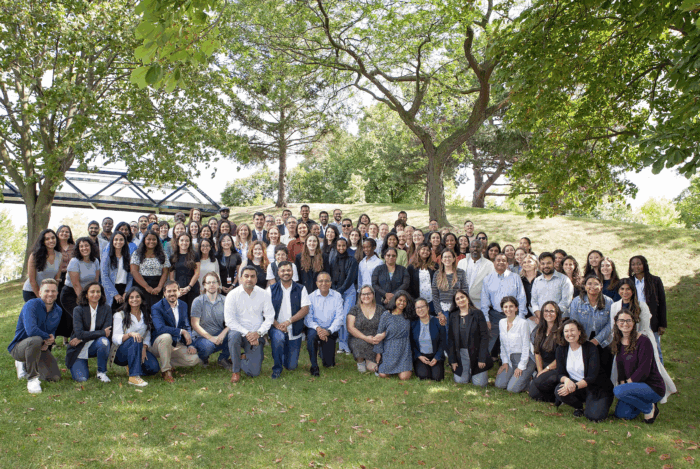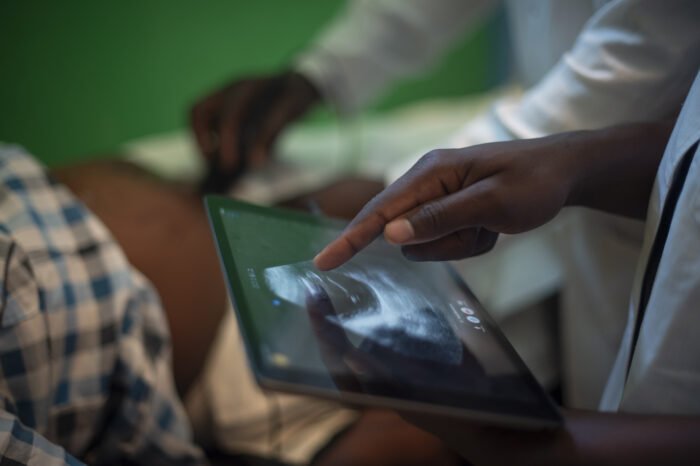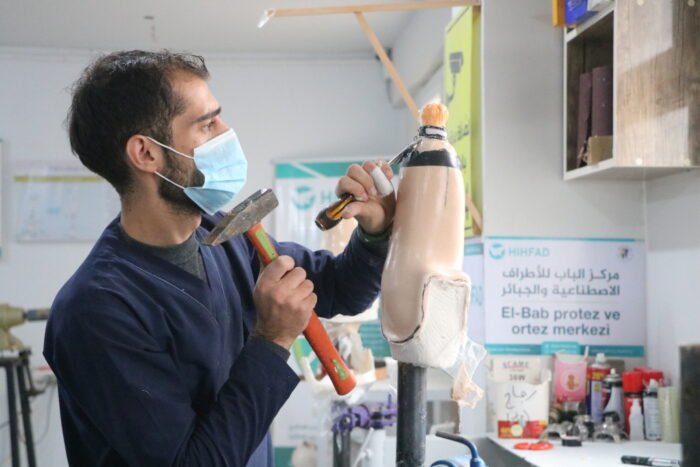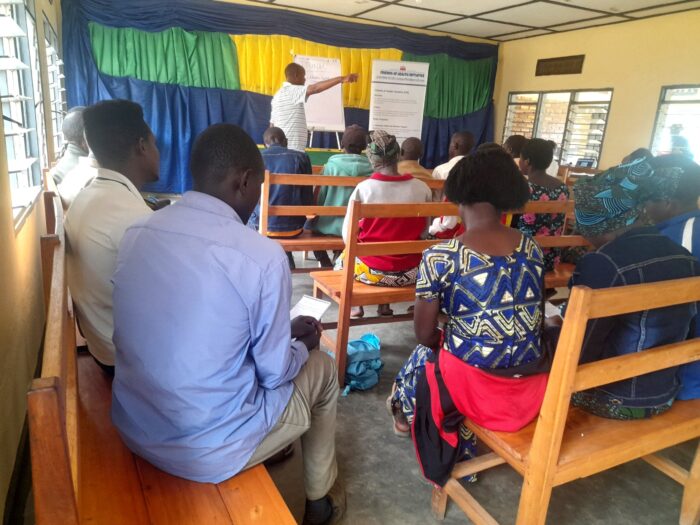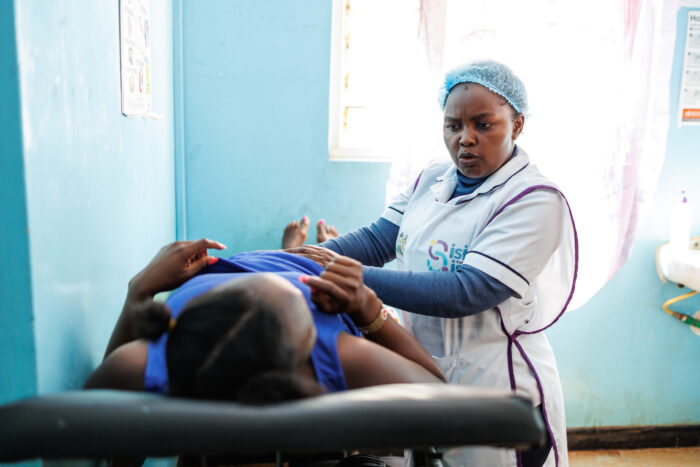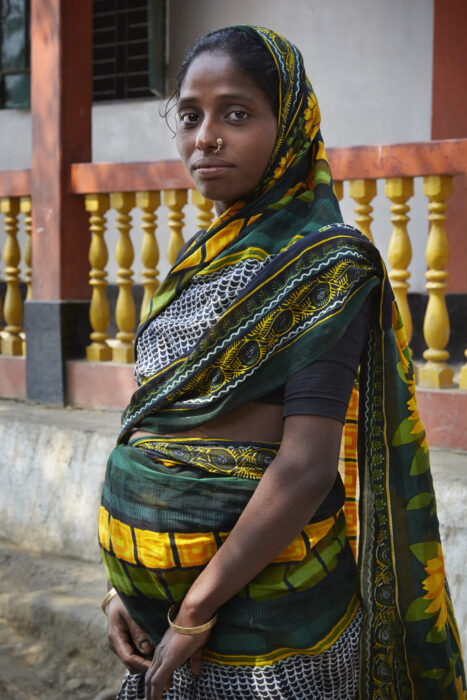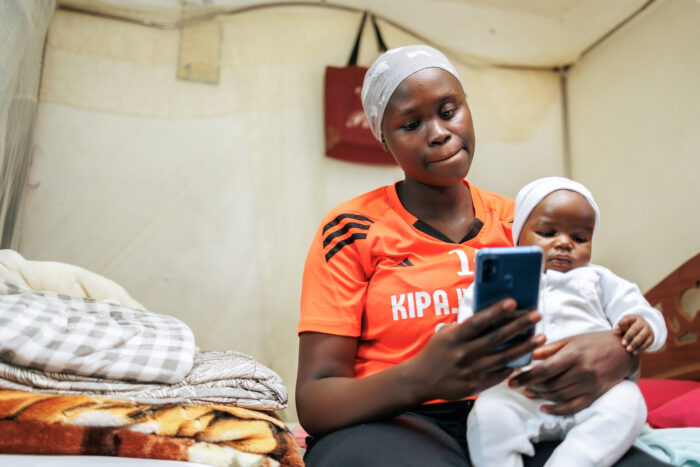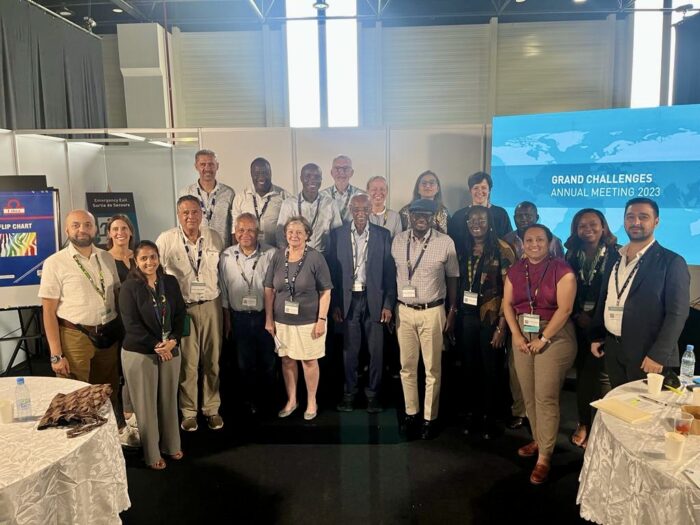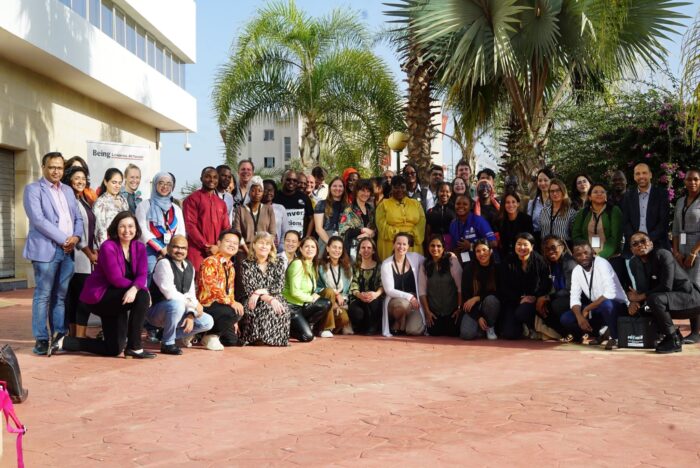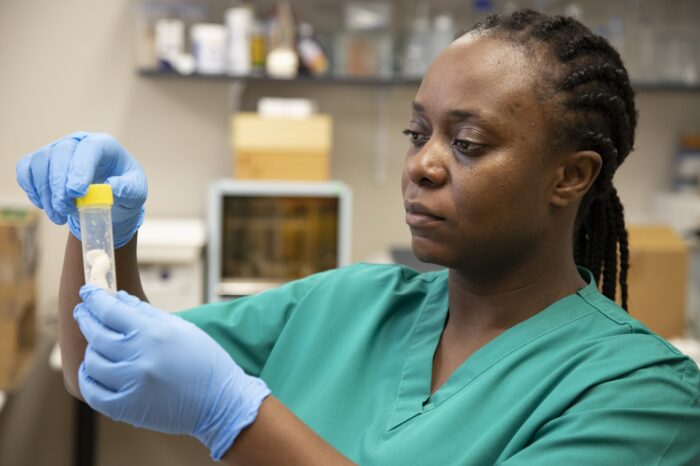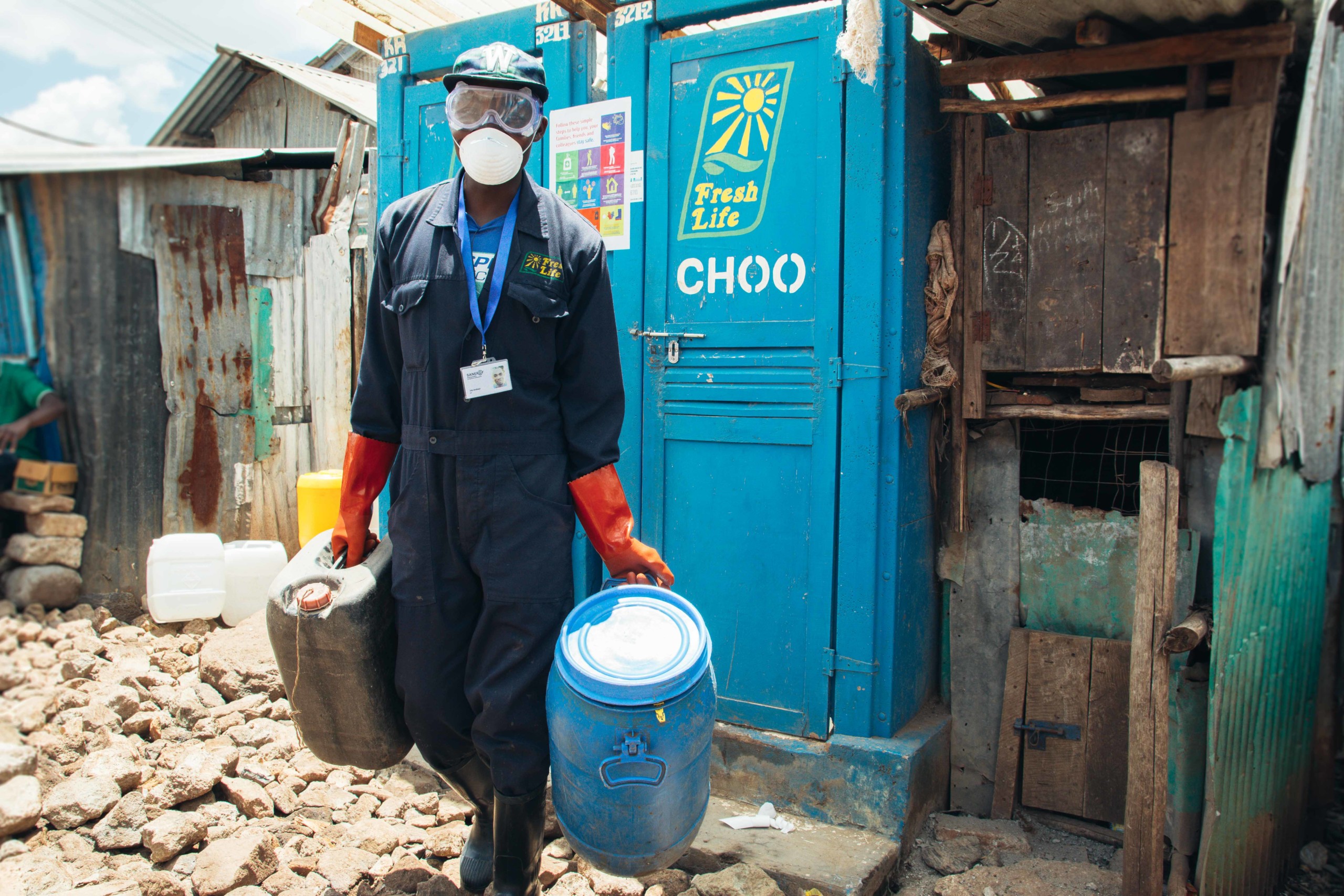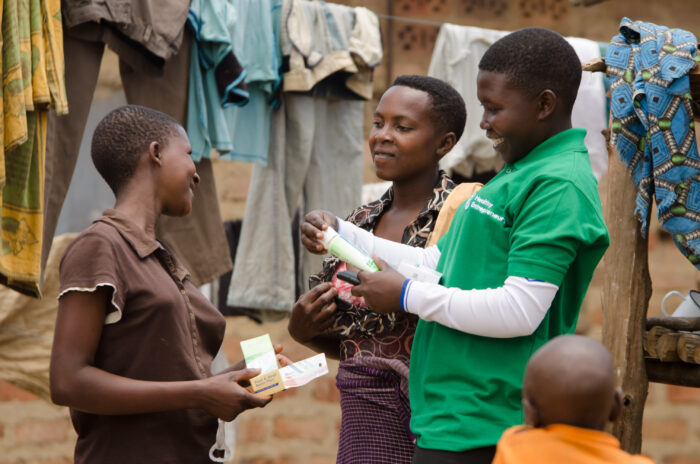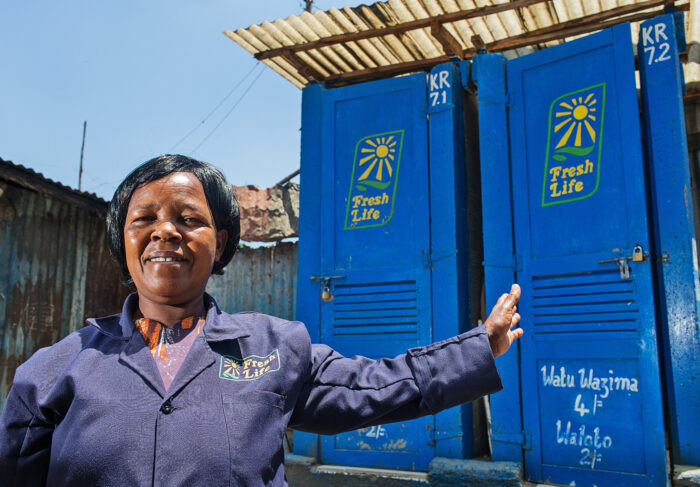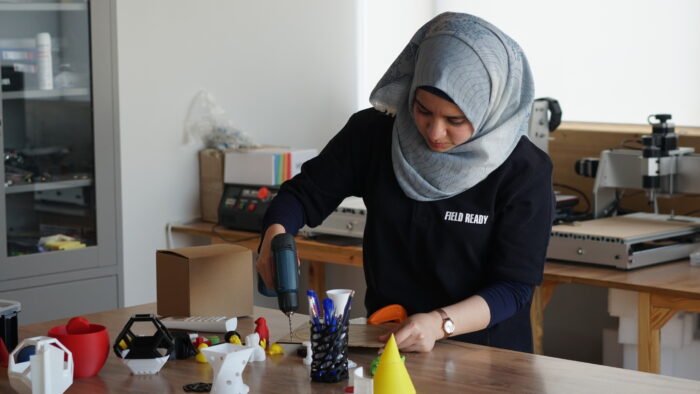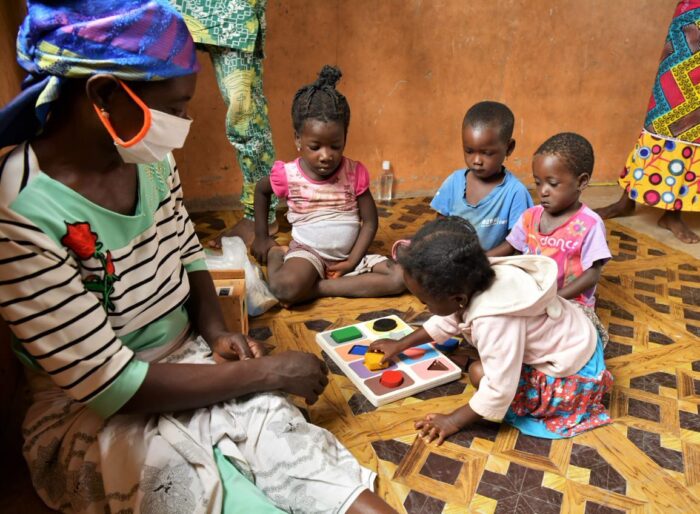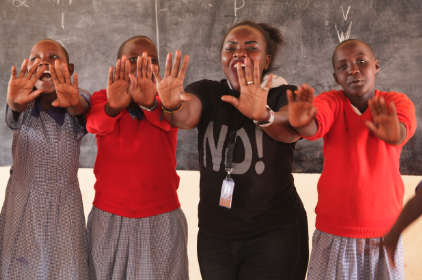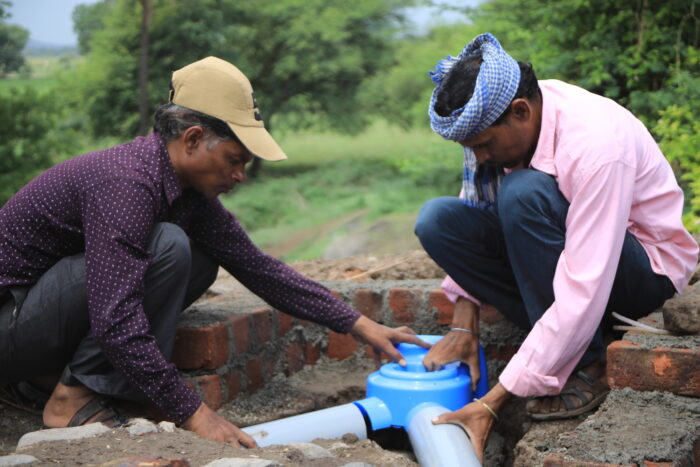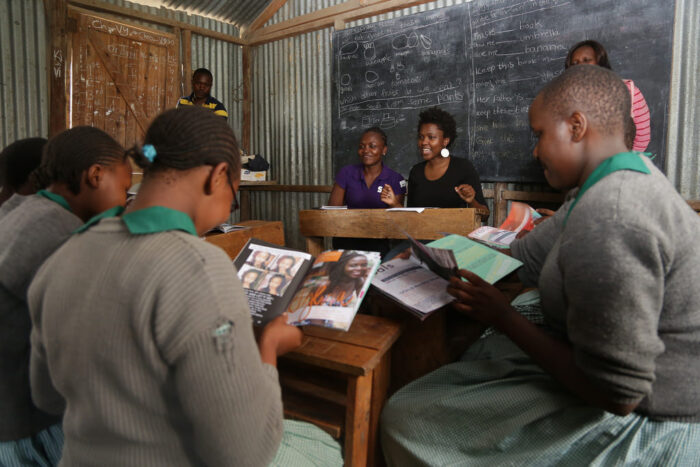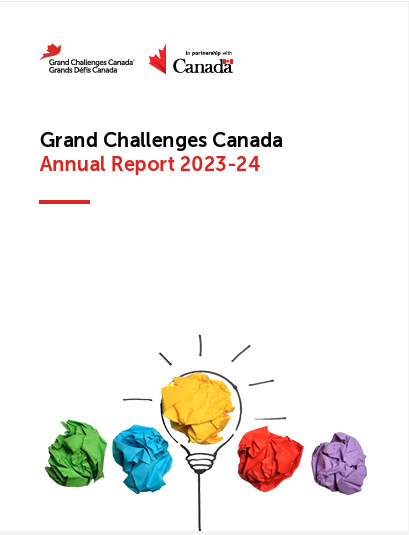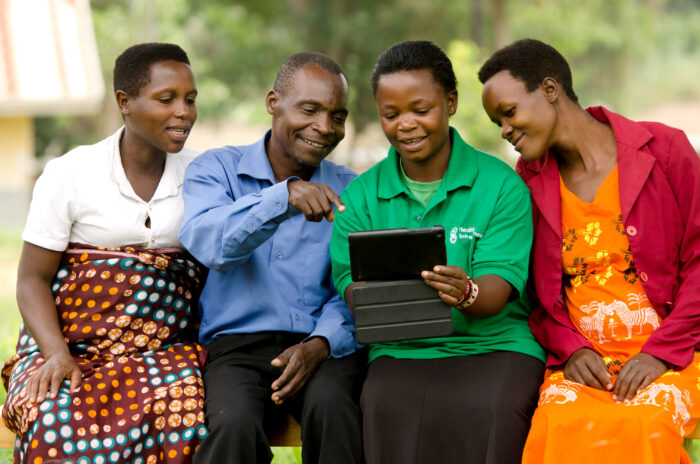World Malaria Day, on April 25, is a timely and welcome moment to raise awareness about malaria. The theme this year is ‘Invest in the future. Defeat malaria.’
About 3.4 billion people – half of the world’s population – are at risk of getting malaria. It is a leading cause of premature mortality worldwide, particularly in children under the age of five. In 2012, there were about 207 million malaria cases and an estimated 627,000 malaria deaths. People living in tropical countries are the most vulnerable to malaria, as the mosquito that transmits the malaria parasite thrives in such areas. In 2012, 90% of all malaria deaths occurred in the WHO African Region, mostly among children under five years of age. Global efforts to control and eliminate malaria have saved an estimated 3.3 million lives since 2000. Emerging drug and insecticide resistance threaten to reverse recent gains.
Canada has shown leadership in saving and improving the lives of women and children in developing countries through the Muskoka Initiative. Putting a halt to malaria is a crucial part of this fight. Grand Challenges Canada, which is funded by the Government of Canada, is assisting in global efforts to defeat the disease by investing in bold ideas with big impact. We are supporting a total of 40 innovations that address malaria. We have committed more than $12 million to this important threat to global health.
Although many of these innovations are still in very early stages, we have started to see preliminary results. For example, in Nairobi (Kenya) in Kibera – one of Africa’s largest slums – development of an integrated standardized patient medical record system that links and consolidates healthcare services has resulted in expanded access to malaria diagnosis and treatment to 7,400 individuals and the training of 50 medical practitioners. So far 50,000 individuals in the slum are aware of the availability of the system.
WHO-recommended strategies to tackle malaria include: prevention with long-lasting insecticidal nets and indoor residual spraying; diagnostic testing and treatment with quality-assured anti-malarial medicines; preventive therapies for infants, children and pregnant women; tracking every malaria case in a surveillance system; and scaling up the fight against emerging drug and insecticide resistance. About 19% of the innovations categorized under ‘infectious diseases’ in our Stars in Global Health portfolio are in the area of malaria.
Prevention of Infection
The first step in controlling malaria is prevention of mosquito bites. The benefits of using long-lasting insecticide-treated bed nets in the prevention of malaria are well known and, when used properly, prevent almost 80% of malaria infections. The remaining 20% of transmission occurs both indoors before people go to bed and outdoors.
Grand Challenges Canada is supporting innovators who are developing several strategies that complement the use of long-lasting insecticide-treated bed nets to prevent bites from mosquitoes that transmit malaria, such as the following.
Protective clothing
- A to Z Textile Mills is developing technology for personal protection against vector-borne diseases (like malaria) by innovative treatment of clothing with novel and safer insecticides, to be tested in Kenya, Tanzania and Uganda.
- Footwear made from repellent-impregnated material to deter mosquitoes will add protection in places (outdoors) and at times (early evenings) where current bed nets cannot be used. Developed by Ifakara Health Institute (Tanzania).
Indoor residual spraying
- Med Biotech Laboratories (MBL) in Uganda is training villagers to mix insecticides with locally available plaster materials into an insecticidal plaster. which is smeared onto mud walls of huts.
Modifying housing
-
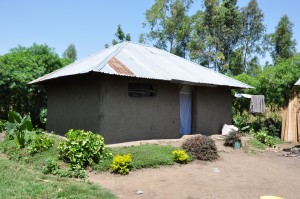
A typical funnel-shaped rural house in Kenya has open eaves, which allows for easy entry of mosquitoes potentially transmitting malaria. Photo credit: Atieli et al, 2012
- Innovators from Maseno University (Kenya) are modifying typical rural houses by installing a ventilated ceiling made from local mats. This will make it harder for malaria vectors to enter and stay in the house, thus decreasing malaria transmission.
- Subsistence itinerant rice farmers often live in improvised semi-open shacks, where they are disproportionately more exposed to infectious mosquito bites than the general population. Ifakara Health Institute (Tanzania) is designing portable and low-cost huts that are both fire-proof and mosquito-proof to prevent mosquito-borne illnesses, and hence increase productivity of these itinerant farming households.
Outdoor mosquito control
- Another project from Ifakara Health Institute, co-funded with the Bill & Melinda Gates Foundation, is developing an innovative device to attract and kill malaria-transmitting mosquitoes outside the home.
Testing new insecticides
- Kenyatta University (Kenya) is looking into a novel anti-mosquito blend of insecticide.
- Using selected medicinal plants from Kenya and Nigeria, a project led by Jomo Kenyatta University of Agriculture and Technology (Kenya, Nigeria) aims to produce an affordable, accessible and efficacious phytomedicine that can be dispensed as is, to prevent mosquito bites.
- Using locally produced sisal fibers treated with transfluthrin to reduce mosquito bites by 80% is the goal of a project by Ifakara Health Institute (Tanzania).
Vaccines and new drugs
- Laval University is using nanoparticles derived from papaya mosaic virus (PapMV-NP) as an adjuvant for a novel malaria vaccine that would be safe, efficacious and low cost.
- International Centre for Genetic Engineering & Biotechnology (India) is developing novel vaccines that block entry of a malaria parasite (P. vivax) into human red blood cells and reduce disease burden.
Biological control of mosquitoes
- University of Abomey-Calavi (Benin) proposes to develop sustainable, non-chemical control of malaria vectors through the use of a roundworm (Romanomermis iyengari).
- Near-infrared spectroscopy can rapidly, non-destructively and simultaneously differentiate the age and species of Anopheles gambiae and An. arabiensis. Ifakara Health Institute (Tanzania) is applying this technology to reduce or remove potentially infectious mosquitoes in a population.
Diagnostic Testing and Treatment with Quality-Assured Anti-Malarial Medicines
Diagnostic testing
Testing and early detection of malaria is essential to eradicate the illness. Grand Challenges Canada is supporting many innovators who are developing novel diagnostic approaches and devices.
Rapid tests specific for malaria
- University of Toronto is developing a low-cost test using nanostructured microelectrodes to detect malaria in unpurified blood samples with high sensitivity and specificity. (Tanzania)
- Kenya Medical Research Institute is developing a non-invasive test that can detect and quantify malaria parasites in saliva. Implemented in Kenya and Nigeria.
- A project managed by Ustar Biotechnologies Ltd. (China) has developed an affordable, rapid and simple nucleic acid extraction device and isothermal nucleic acid amplification assay that can be used at the village level by minimally trained personnel.
- A project in Vietnam, by National Hospital for Tropical Diseases, aims to develop a patient-to-chip microfludics component for the collection and processing of whole blood into plasma and cells for downstream testing for highly prevalent tropical diseases.
- University of Alberta innovators have revamped the classic blood capillary tube into a diagnostic device that integrates whole blood collection with molecular testing to detect malaria. A prototype has been developed.
- A project by Ifakara Health Institute (Tanzania) is introducing new e-health technologies that provide accurate diagnostics and better patient management at point-of-care allowing for immediate electronic reporting of cases in low resource settings, and improved efficiency of health care system and public health outcome efficiencies.
- Neurosynaptic Communications Private Limited (India) is developing a cost-effective remote diagnostic device that can perform several tests with limited skill-set operators, making diagnostics affordable and accessible to rural populations.
Multiplexed diagnostic test
In addition to single test assays, innovators are developing technologies that can diagnose multiple conditions, including malaria, using one platform.
- Achira Labs Pvt. Ltd. (India) is developing weaving as a platform for the manufacture of Fabchips (fabric chips) that can be used to perform low-cost, rapid and multiplexed diagnostic tests.
- International Centre of Insect Physiology and Ecology (Kenya) is using silkworms to generate diagnostic proteins for multiple pathogens with overlapping symptoms to develop a multi-disease diagnostic kit.
- University of Toronto is creating a ready-to-use, yeast-based blood screening tool for simultaneous detection of combinations of diseases, implemented in Belize and Jamaica. Like baking yeast, it can be stored dry; it can be grown locally with minimal equipment/training, improving accessibility in rural and low-resource areas.
- The aim of a project led by University of Alberta (implemented in Nigeria and Pakistan) is to develop point-of-care disease diagnostic devices capable of identifying multiple biomarkers for a single disease. This device will be cost-effective and easy to use by people with minimal or no training, and will address disease over-treatment.
Treatment with quality-assured anti-malarial medicines
Dispensing antimicrobials to patients in need could avert millions of deaths annually, while avoiding their unnecessary consumption reduces antimicrobial resistance.
- A project led by innovators in Thailand (Mahidol University) is exploring whether procalcitonin levels predict the need for antimicrobials in tropical diseases, e.g. malaria. This will be implemented in Cambodia, Democratic Republic of the Congo, Laos, Nigeria, Rwanda and Tanzania.
- Muhimbili University of Health and Allied Science (Tanzania) is using the growing motorcycle transport business in Tanzania: the project is ensuring that antimalarials reach the neediest to ensure access to effective antimalarials in remote rural areas, where malaria burden is highest.
- Chematria Inc. (India) is working to find new malaria treatments using existing drugs, since most drugs have multiple medical effects. Re-purposing approved and existing drugs for neglected diseases reduces development time and cost, and makes treatments accessible to the developing world.
- Artemisinin, extracted from the Artemisia annua plant, is used as a frontline drug to combat malaria. A project by Botanical Extracts EPZ Limited (Kenya) aims to increase the yield of artemisinin from Artemisia.
- The University of Nairobi (Kenya) is drafting a web-based InSilico database of Kenyan natural products that will be developed for virtual screening against the malaria parasite. The hits from the virtual screen will then be synthesized and optimized for maximum antimalarial activity.
- A project by MOI University (Kenya) aims to improve access to medicines, including malaria medicines, through a Revolving Fund Pharmacy model. With communities and the government, these pharmacies provide quality, low-cost medications. The revenue is used to sustainably restock the pharmacies, positively impacting the health of the community.
- In Bangladesh, Ghana and Tanzania, innovators from Mahidol University (Thailand) are determining if early, community-based treatment for suspected severe malaria would reduce long-term neurological complications in children who survive severe malaria.
- The University Health Network is testing if using PPARγ agonists, a type of anti-diabetic drug, to treat cerebral malaria reduces and repairs brain injury. Read the guest blog post of innovator Lena Serghides.
Regulatory approval
- A project by the London School of Hygiene & Tropical Medicine is supporting the harmonization of regulatory approval of diagnostic devices in the developing world. Results so far indicate willingness of members of the East African community to harmonize diagnostics.
Preventative Therapies for Infants, Children and Pregnant Women
Preventative therapies for mothers
Malaria in pregnancy is a major public health issue that threatens the life of the mother and the fetus. Every year, over 60% of pregnant women globally are at risk of infection. Malaria exposure in the womb leads to stillbirth or preterm birth, and may have a profound impact on early brain development.
- University of Alberta scientists are investigating in Benin and Colombia how antibodies from men can protect pregnant women from malaria. Integrating laboratory and field investigations will help to validate a new vaccine strategy for malaria in pregnancy.
- University Health Network has set up a project in Malawi that involves a novel antenatal care policy that focuses resources on accurate point-of-care malaria diagnosis and effective case-management of infection, to reduce the burden of malaria in pregnancy and protect early brain development.
Tracking Every Malaria Case in a Surveillance System
- The Kibera Medical Record Initiative, led by University of Alberta, has shown great results enabling 7,400 individuals monthly to utilize a standardized patient medical record system that links and consolidates healthcare services in one of Africa’s largest slums in Nairobi (Kenya). This is facilitating access to medical treatment for diseases such as malaria. Over 50 medical staff have been trained to utilize the system.
- University of the Philippines Development Foundation Inc. (Philippines) is setting up a medical teleparasitology system (called ctrl.para.site) that is linking peripheral labs in the Philippines to experts via information and communications technology. This will improve access to diagnosis and treatment, build capacity and update data on neglected tropical diseases.
Scaling Up the Fight Against Emerging Drug and Insecticide Resistance
- Drug resistance is a major reason for malaria deaths. The University of Calgary is leading a project in Cameroon that seeks to circumvent drug resistance by targeting a molecular chaperone called heat-shock protein 90, the master regulator of the parasite stress response.
- Chemically manipulating the course of drug resistance evolution in malaria parasites is the aim of Mahidol University (Thailand). The goal is to save antimalarial drugs from being lost to the deadly multi-drug-resistant parasites.
Innovation is ‘investing in the future’. Grand Challenges Canada, which is funded by the Government of Canada, is proud to support such a robust and diverse portfolio of innovations that could help to reduce the burden of malaria, and to save and improve the lives of women and children
.Join the conversation on Twitter by using hashtag #WorldMalariaDay. We encourage you to post your questions and comments about this blog post on our Facebook page Grand Challenges Canada and on Twitter @gchallenges
